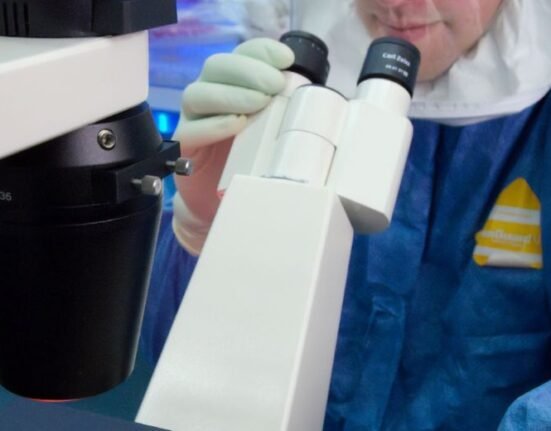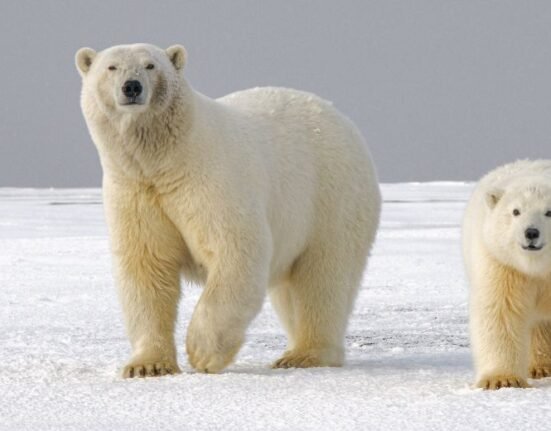HQ Team
April 10, 2024: The Environmental Protection Agency in the US has regulated for the first time that municipal utilities will have to remove PFAS from drinking water.
PFAS are also known as forever chemicals and are a pervasive contaminant that are carcinogenic, cause damage to our immune system, and take 1000s of years to break down.
A significant study published in the journal Nature Geoscience has found dangerous concentrations of forever chemicals in surface and groundwater worldwide, with Australia, China, the United States and Europe as hotspots. The study showed they were prevalent in surface water and groundwater used by humans for drinking.
Dangerous PFAS levels
The researchers analysed data from 45,000 water samples globally and found a “substantial fraction” had levels of PFAS — per- and polyfluoroalkyl substances — above recommended levels.
“Many of our source waters are above PFAS regulatory limits,” said Denis O’Carroll, one of the study’s authors and a professor at the University of New South Wales in Australia.
O’Carroll expressed shock at how much higher the sampled levels were compared with recommended levels; “We’re talking above 5%, and it goes over 50% in some cases.”
Rigorous testing
The research emphasised that the locations with the highest measured concentrations of PFAS were also areas with the highest levels of testing. They feared that such rigorous testing across the world will find new hotspots across the globe.
Testing has shown that almost half of the tap water flowing into U.S. homes was estimated to have one or more PFAS, of which there are more than 12,000. Hence, the new regulation by the EPA is timely and much needed.
Recent reports have found traces of PFAS in leading brands of bandages, including Johnson and Johnson’s Band-Aid.
A hunting community, as far as Northeastern Greenland has some of the world’s highest concentrations of harmful polyfluoroalkyl substances (PFAS), a Danish study found. Furthermore, the forever chemicals have also been found in eco-friendly straws.
The very nature of their composition allows them to seep into our soil, water and environment for ages.






